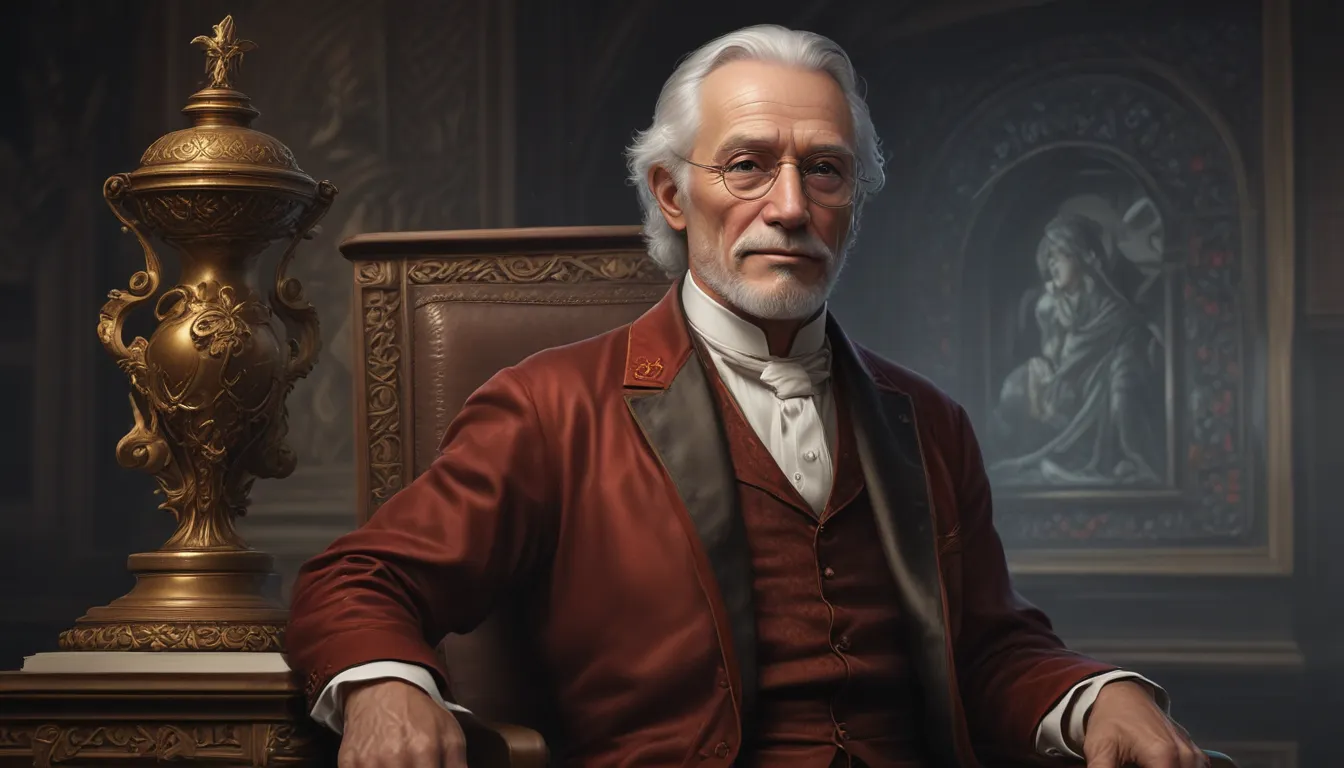The images in our articles may not match the content exactly. They are used to grab your attention, not to show the exact details in the text. The images complement the text but do not replace it.
Welcome to a captivating journey through the life of one of the most prominent figures in American history, Robert E. Lee. Beyond the myth and history, there lies a complex man with surprising twists and turns that shaped his legacy. From his astonishing family connections to his unexpected views on slavery, Robert E. Lee’s story is a fascinating exploration of America’s past. Are you ready to uncover some truly amazing facts about this historical figure that are sure to surprise you? Join us as we delve into the life and legacy of Robert E. Lee, a standout character in American history.
The Person Behind the Uniform
Robert E. Lee is best known for his role as a Confederate general during the American Civil War. His military prowess and strategic acumen made him a revered figure in the South, even though his legacy is viewed through various lenses today. Lee’s contributions to American history go beyond his military leadership, offering a deeper insight into the complexities of the time.
Tracing Lee’s Roots
- Born on January 19, 1807, in Stratford Hall, Virginia, Robert E. Lee came from a distinguished family. His father, Henry “Light-Horse Harry” Lee, was a Revolutionary War hero, setting high expectations for Robert’s future.
- Despite facing financial difficulties, Lee’s appointment to the United States Military Academy at West Point paved the way for his remarkable career. Graduating second in his class in 1829 without a single demerit, Lee exhibited his exceptional abilities early on.
The Master Tactician
- Lee’s reputation as a military tactician was not solely earned during the Civil War. His service as an engineer in the United States Army showcased his skills in both construction and strategy.
- During the Mexican-American War (1846-1848), Lee’s reconnaissance missions played a crucial role in several American victories, demonstrating his ability to utilize terrain to his advantage.
The Crossroads: Joining the Confederacy
- A pivotal moment in Lee’s life was his decision to resign from the United States Army in 1861. Despite personal opposition to secession, Lee’s loyalty to his home state of Virginia led him to join the Confederate forces.
The Civil War and Beyond
- As the commander of the Confederate Army of Northern Virginia, Lee played a significant role in key Civil War battles, including the Battle of Gettysburg and the Seven Days Battles.
- Lee’s innovative tactics often caught Union forces off guard, emphasizing his strategic brilliance on the battlefield.
The Road to Appomattox
- The conclusion of the Civil War came when Lee surrendered to Union General Ulysses S. Grant at the Appomattox Court House on April 9, 1865. This moment marked a turning point in American history, signaling the end of the Confederacy and the start of the Reconstruction era.
Post-War Endeavors
- Following the war, Lee became the president of Washington College (now Washington and Lee University) in Lexington, Virginia. His efforts at the college focused on promoting reconciliation between the North and South.
- Lee advocated for education as a means to rebuild the nation and heal the divisions caused by the Civil War. Implementing innovative educational programs at Washington College, Lee emphasized the importance of knowledge in fostering unity.
Unraveling the Legacy
- Robert E. Lee’s legacy remains a subject of debate, with differing perspectives on his leadership and decisions during the Civil War.
- Monuments and memorials dedicated to Lee have sparked discussions on race, heritage, and memory in the United States. His complex legacy continues to shape American society and the interpretation of history.
Reflecting on Lee’s Impact
Robert E. Lee’s story intertwines military genius, personal complexity, and historical controversy, offering valuable insights into American history. His choices, from joining the Confederacy to leading during the Civil War, highlight the enduring impact of individual decisions on collective destinies. As we delve into Lee’s legacy, we are reminded of the complexities of leadership, loyalty, and the aftermath of conflict, urging us to reflect on the challenges and transformations of his era.
Was this page helpful?
At the core of our mission is the commitment to delivering reliable and engaging content that enriches our readers’ knowledge. Each fact on our site is contributed by real users like you, ensuring a diverse range of insights and information. Our dedicated editors rigorously review each submission to maintain the highest standards of accuracy and credibility. Trust in our dedication to quality and authenticity as you immerse yourself in learning and discovery with us.






